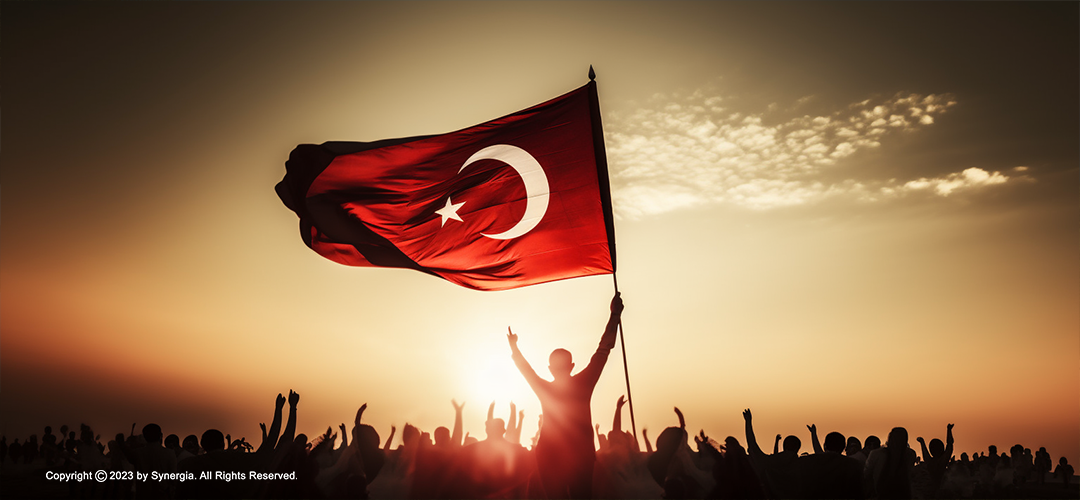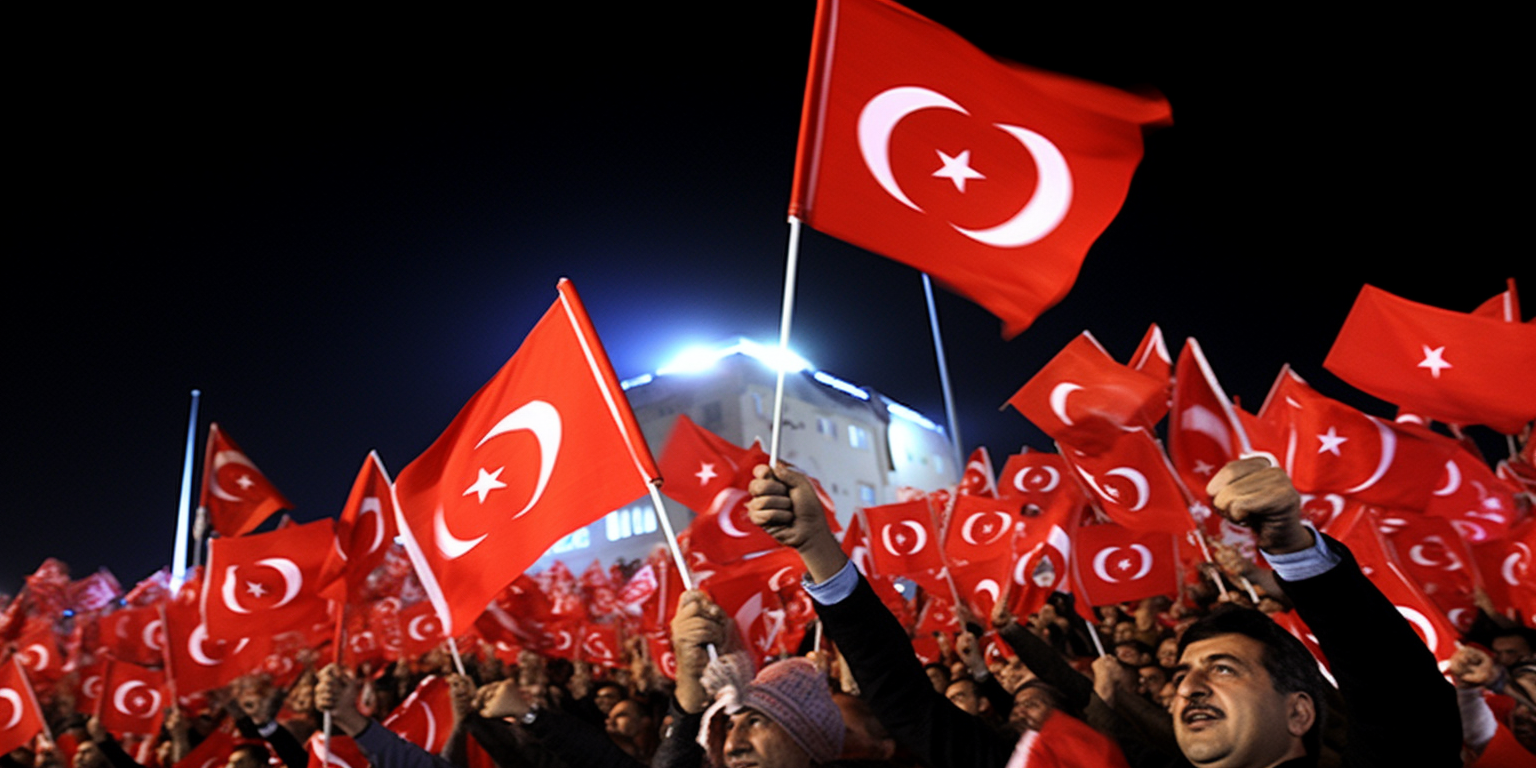Turkiye: End of an Era?
May 12, 2023 | Expert Insights

Turkiye's Recep Tayyip Erdogan has been a political colossus in his own rights since he first assumed the prime minister's office in 2003. His crowning moment, of course, came in 2016 when he crushed the military coup fully backed by people power (an event that many democratic enthusiasts aspire to replicate in today's Pakistan to cut the army to size).
For the last two decades, Turkiye’s political landscape in Turkey has been dominated by the presence of Recep Tayyip Erdogan, the country's 12th president and leader of the Justice and Development Party (AKP). It has not been easy, but Erdogan has managed to retain power.
However, the rising economic difficulties and the deep-seated corruption uncovered by the collapse of newly constructed buildings in the earthquake in the south of the country have taken off the shine that President Erdogan had been able to give to his political stature. There are murmurings below the surface that things may not go his way in the coming elections.
Background
Over the past few years, Turkey has experienced significant economic hardships, including high inflation rates, unemployment, and a depreciating currency. This has led to widespread dissatisfaction among the population, with many questioning Erdogan's economic policies and control over the central bank. The economic downturn has also eroded investor confidence and hindered economic growth, further contributing to Erdogan's declining popularity.
Unsurprisingly, Erdogan's once-impressive popularity has waned as the Turkish population has grown increasingly disillusioned with his leadership. The decline in support can be attributed to the economic struggles and Erdogan's increasingly authoritarian tendencies. His administration has been criticised for suppressing dissent, restricting media freedom, and targeting opposition figures, leading to a growing sense of frustration among the Turkish people.
Like most authoritarian rulers, Erdogan's long rule was anchored on the political marginalisation of all potential political rivals. But now it appears that Erdogan's grip on power has been challenged by internal divisions within the AKP. As key party members have defected, new opposition groups have emerged, threatening Erdogan's rule. The most notable of these defectors is former Prime Minister Ahmet Davutoglu, who founded the Future Party in 2019. The rise of these new opposition groups has weakened Erdogan's hold on power, exposing vulnerabilities within his administration and providing an opportunity for rivals to gain support.
Turkey has faced mounting external pressures, further weakening Erdogan's position. The country's strained relations with the European Union and the United States have had economic and political repercussions, including the threat of sanctions and criticism of Erdogan's human rights record. Turkey's military involvement in Syria and Libya has also been met with international condemnation, further isolating the country from its allies. These external pressures have contributed to the decline in Erdogan's power and influence on the global stage.

Analysis
The potential end of Erdogan's rule raises crucial questions about Turkey's future. The decline in his power could pave the way for significant political change in the country, including the strengthening of democratic institutions, the restoration of press freedom, and shifting Turkey's foreign policy priorities. Moreover, the potential departure of Erdogan could lead to greater political stability, as a single, polarising figure would no longer dominate the country. Additionally, the country's leaders must work to establish a more inclusive political landscape that embraces diverse voices and fosters constructive dialogue.
However, the transition to a post-Erdogan era could also be fraught with challenges. The lack of a clear successor or a united opposition could lead to a power vacuum and political instability. Furthermore, the challenges that have plagued Turkey under Erdogan's rule, such as economic struggles and regional conflicts, will not disappear overnight. The country will need strong, decisive leadership to address these issues and steer Turkey towards a more stable and prosperous future.
Addressing the pressing issues of inflation, unemployment, and currency depreciation will be crucial for Turkey's economic recovery. This will require sound economic policies focusing on long-term stability rather than short-term political gains. The new leadership will need to restore investor confidence and work towards building a more sustainable and inclusive economy.
In terms of foreign policy, Turkey will need to re-evaluate its priorities and repair strained relationships with its allies. This could involve re-engaging with the European Union and the United States and reconsidering Turkey's military involvement in regional conflicts. By taking a more cooperative and diplomatic approach to international relations, Turkey can work to re-establish itself as a respected and influential global actor.
Assessment
- The decline in Erdogan's power signals a pivotal moment in Turkey's history, presenting both challenges and opportunities for the country's future.
- While the transition to a post-Erdogan era will not be without difficulties, it offers the prospect of meaningful change and progress. The new leadership will need to address the economic, political, and foreign policy challenges that have plagued Turkey under Erdogan's rule while also seizing the opportunities for reform and progress.
- Only time will tell if Turkey's future leaders can rise to the occasion and successfully navigate the complex landscape of a post-Erdogan Turkey.








Comments